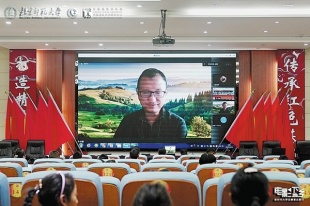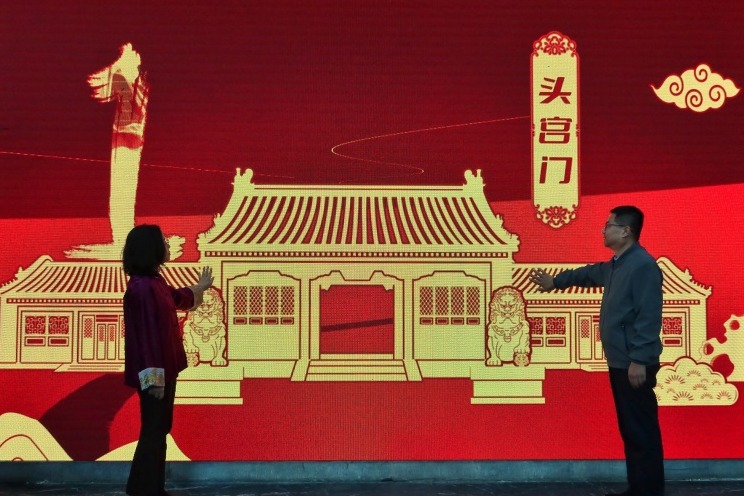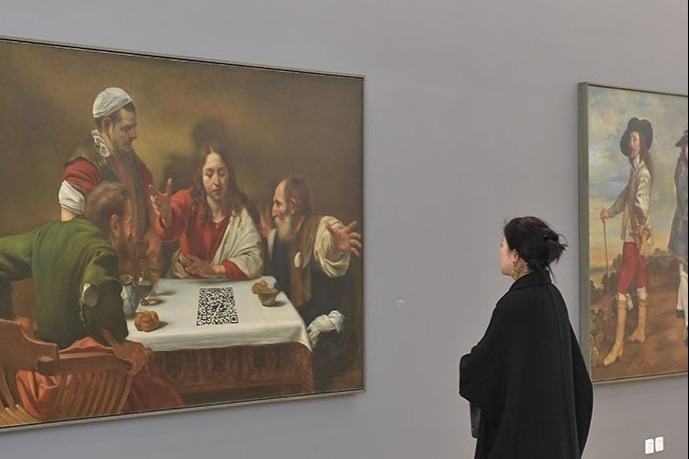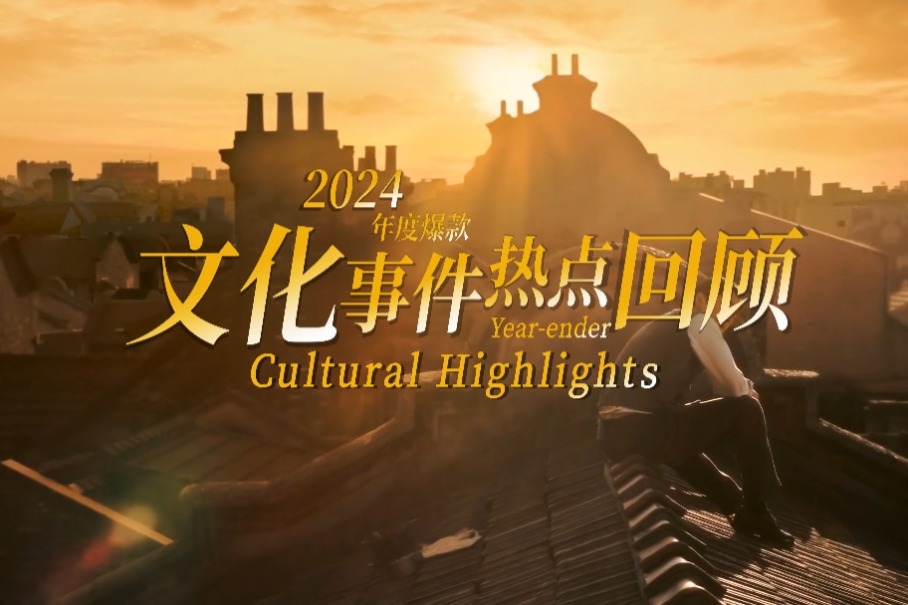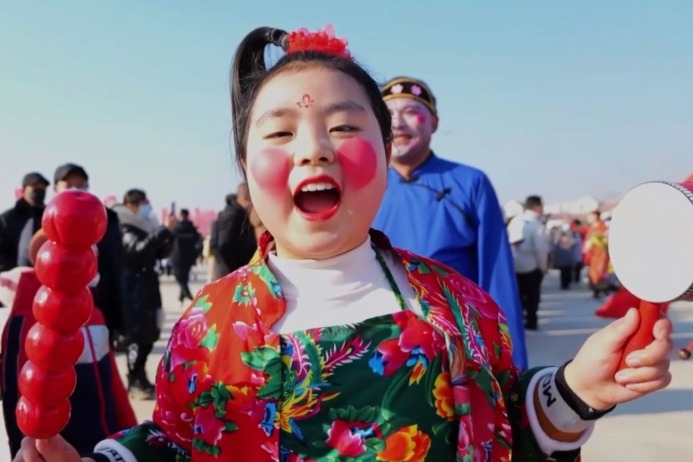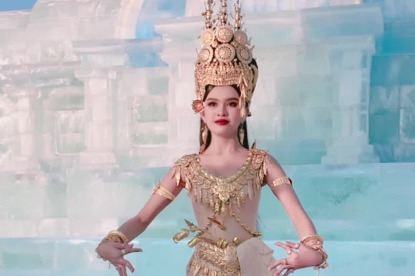Rural schools benefit from film screening program

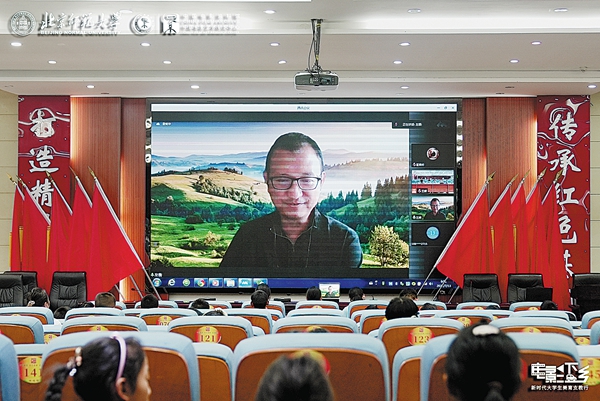
Rural students of Fengxiang town, Zunyi city, Southwest China's Guizhou province, recently enjoyed a special screening of the movie 1921.
During the night of July 12, pupils of the Gouba Conference Red Army Elementary School watched the movie, which tells the story of the founding of the Communist Party of China 101 years ago.
Following the screening, via video, actor Wang Renjun, who plays the 28-year-old Chairman Mao Zedong, shared his thoughts with the students about his interpretation of the great character who was, in his youth, ambitious, steadfast and strived for his ideals with determination, despite occasionally losing his way and finding himself, and the country, at a crossroads.
And Yu Xi, the scriptwriter, hopes his movie will arouse the children's interest in the history of the founding of the CPC and encourage them to do their own extensive learning.
Following that, there was an online lecture by Zuo Heng, director of the film culture research department of the China Film Art Research Center, who explained the spirit of the times embedded in the movie.
The event was part of a screening and volunteer teaching program co-organized by Beijing Normal University and the China Film Archive to boost basic education, especially aesthetic education, in rural areas, and help revitalize rural culture and education.
Sun Xianghui, head of the archive, said that it has been a long tradition to use movies to help rural Chinese people to recognize the country's socialist system and receive the enlightenment of modern civilization since the founding of the People's Republic of China in 1949. This tradition of disseminating information through modern film technology and artistic achievements continues.
Xiao Xiangrong, director of the university's school of arts and communication, who is in charge of the program, says that it will span a year and make 50 stops along 12 routes, mainly through rural areas in central and western China with poor education resources.
The program will also employ college students from many universities around the country, mostly majoring in education, to interpret the films and the history of the Party and the country, give open lessons on these topics and role-play with the pupils.
Zunyi was the first destination this year. It bears the "red memory "of the Zunyi Conference in January 1935, a crucial turning point during the Long March (1934-36) that marked the maturity of the Party.
Sophomore Xu Longsheng said he hoped to practice teaching techniques and contribute to rural education via the program. He himself comes from Guizhou and has attended Beijing Normal University, subsidized by the government, which means his education major will be put to use teaching at a rural primary or middle school back home after his graduation.
"By telling the stories behind the films and discussing, in person, with the kids about what beauty is, we hope these college students can deepen their understanding of the significance of movies to the public and recognize their duty as future teachers in the new era," Xiao says.


